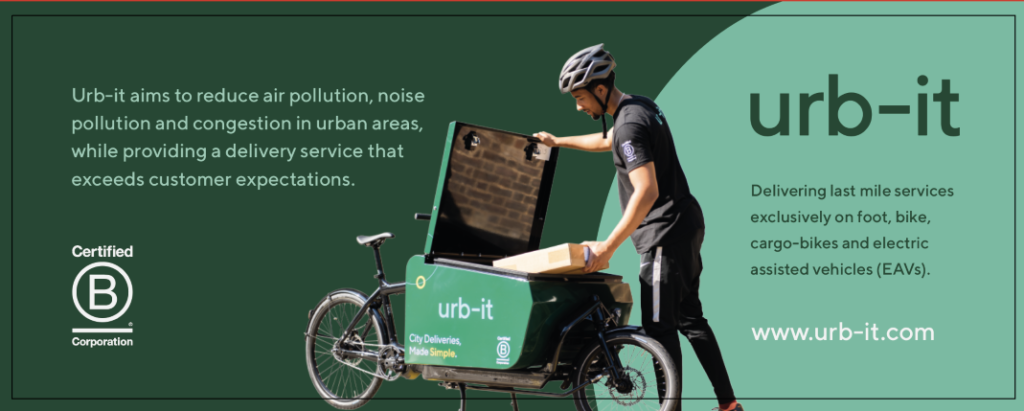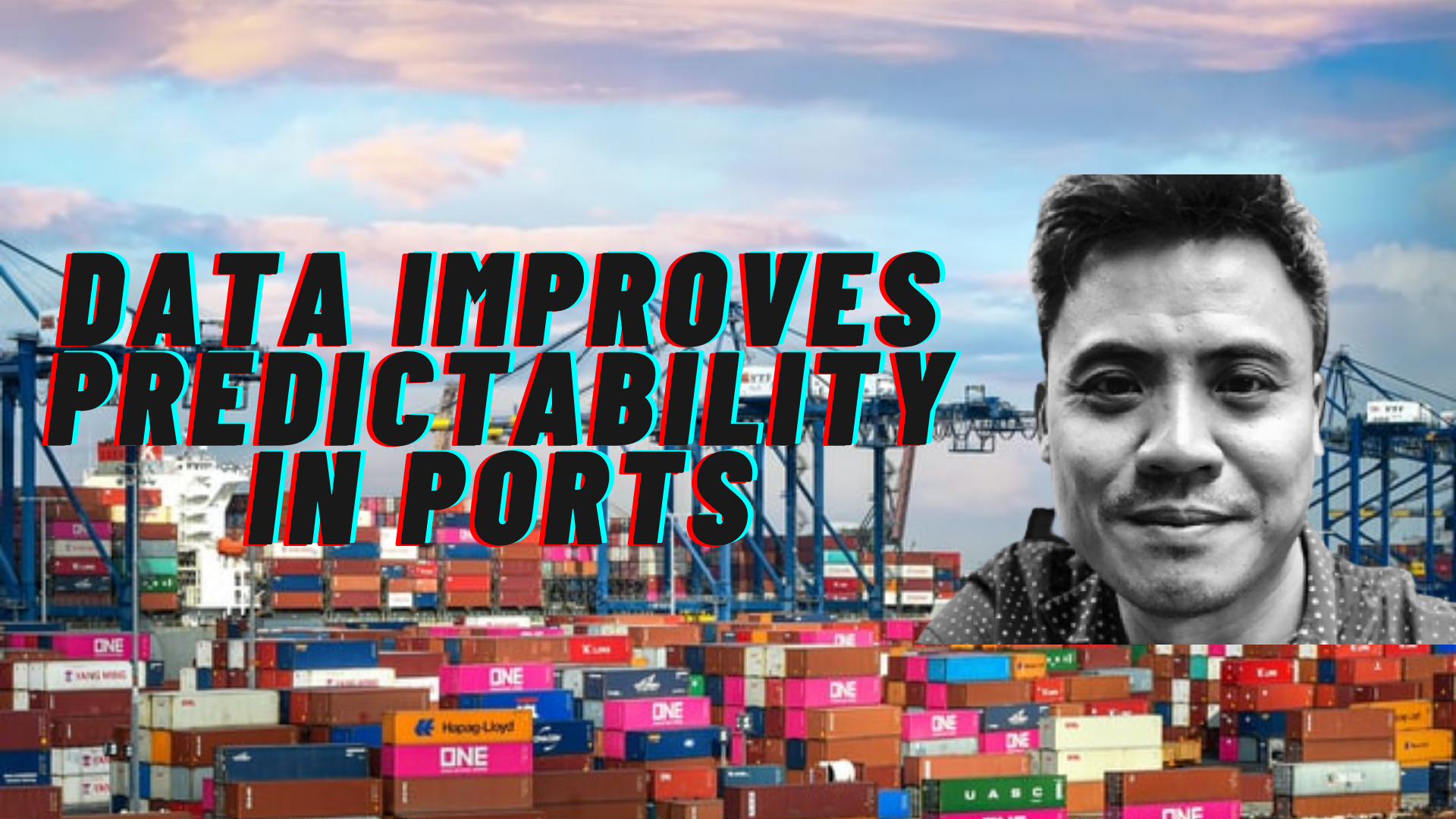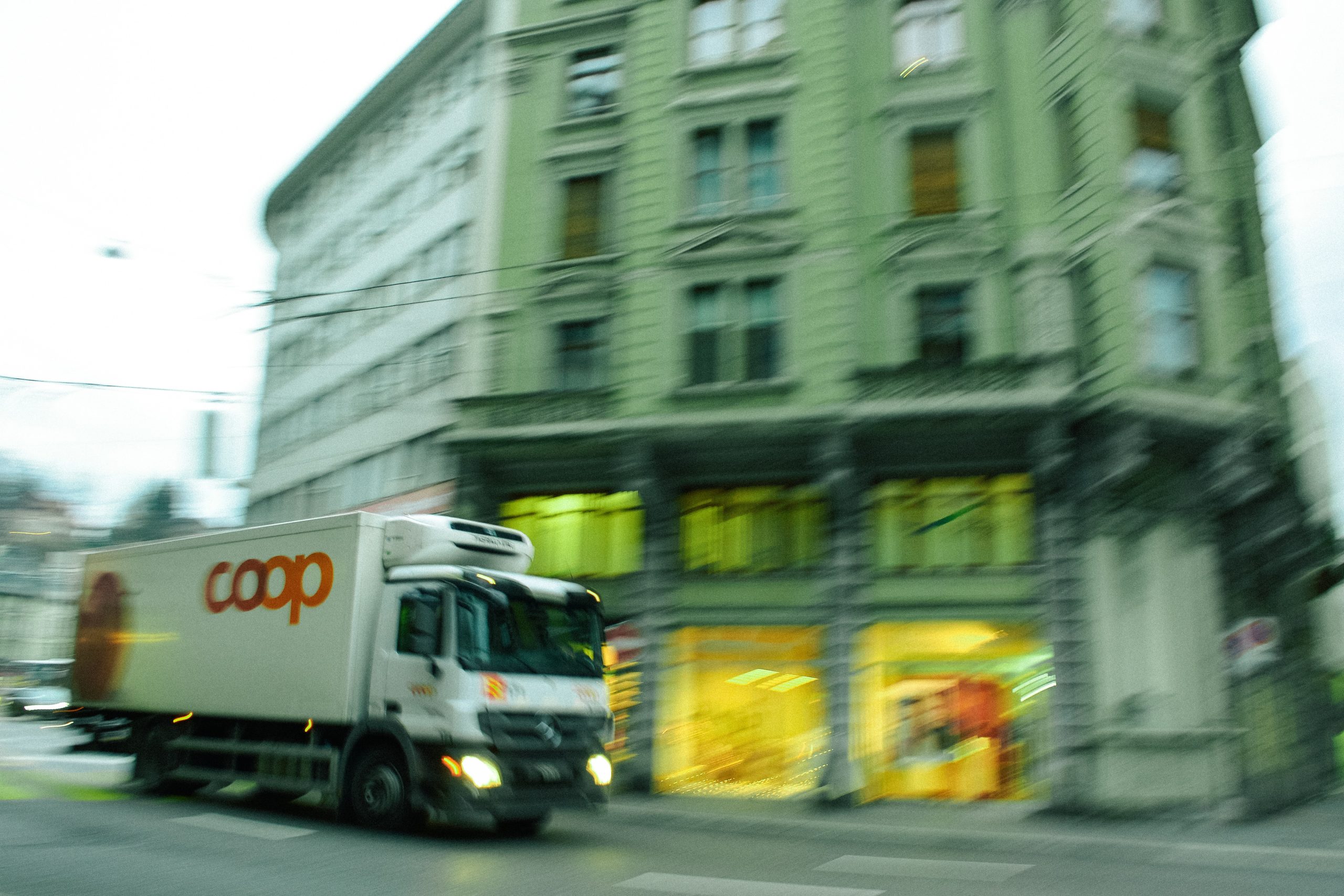Ports generate a lot of data, however many of them are not using their data to its full potential. The Logistics Point spoke to David Yeo, founder and CEO of Innovez One, a provider of digital solutions for port optimisation, about the journey ports have to make when digitising, what deep tech is and how it can help optimise operations.

‘Using AI and machine learning can help ports predict events and plan better,’ begins Yeo. Ports produce a lot of data and machine learning can be used as a tool to speed up decisions and improve overall performance. As all other industries, world ports saw the importance of digitising due to Covid-19, with more of them looking to implement or already using digital solutions that can bring better visibility. ‘In the past, digitisation was something ports just talked about but now they actually do it,’ Yeo explains.
Costs of digitisation
In the past, smaller or medium size ports were unable to compete with their larger counterparts due to the high costs of digital solutions. Companies are now adopting a subscription-based model where ports can easily handle the costs and still enjoy all the benefits.
According to data from Innovez One, nearly 80% of world ports are still relying heavily on manual operations, which is slowing down growth and becoming a real bottleneck for the whole supply chain. The first and last mile at a port can be improved by simple scheduling solutions that can bring much-needed visibility.
You can learn more about port digitisation and what tools like those developed by Innovez One can do to improve operations down below. ✷


